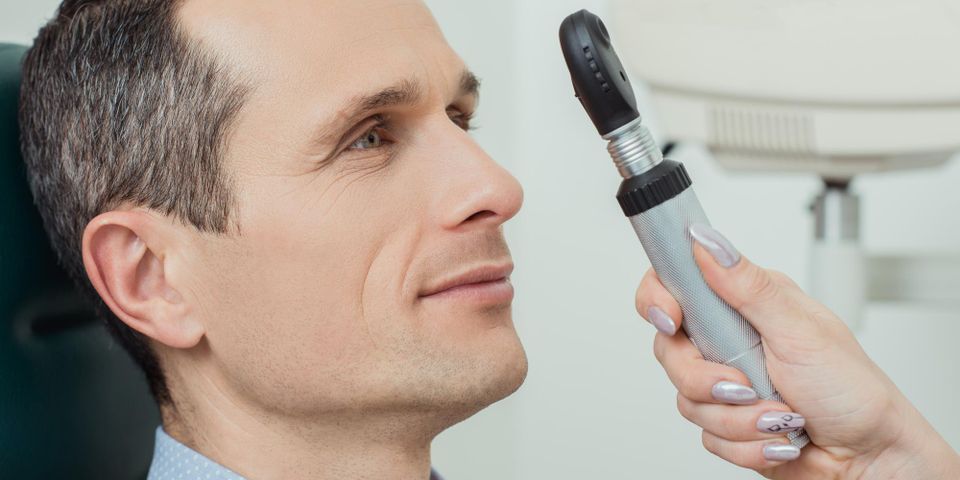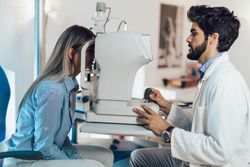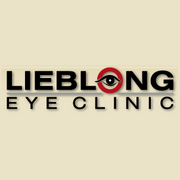
About two to 4% of United States citizens have crossed eyes. While most people have heard of this condition, many don’t understand exactly what it entails. If you suspect you have crossed eyes but don’t want to call your eye doctor just yet or if you’re simply curious about the condition, here are answers to a few of the most frequently asked questions about crossed eyes.
A Guide to Crossed Eyes
What are crossed eyes?
Also known as strabismus, crossed eyes occur when one eye looks in one direction while the other eye looks elsewhere. The misaligned eye will either look outward (exotropia), upward (hypertropia), downward (hypotropia), or inward (esotropia). When people use the term “crossed eyes,” however, they’re usually referring to esotropia.
All types of strabismus can occur constantly or intermittently, and the misalignment may affect only one eye or alternate between both eyes. A person with strabismus may experience eye strain, headaches, difficulty reading, and trouble seeing in bright sunlight.
What causes crossed eyes?
For the eyes to function normally, each eye’s six external muscles must perfectly work together. However, that coordination sometimes fails due to problems in the eye muscles or the brain’s nerves or vision centers.
People who are farsighted, have poor eye muscle control, or have a parent with strabismus are more likely to develop the condition.
How is the condition diagnosed?
 To diagnose strabismus, an eye doctor will perform a comprehensive exam to see how the eyes move and focus.
To diagnose strabismus, an eye doctor will perform a comprehensive exam to see how the eyes move and focus.
The doctor will also ask about the patient’s history and determine whether they have an eye disease that may be contributing to the strabismus.
How can you treat crossed eyes?
Some patients can reduce or eliminate strabismus symptoms by wearing eyeglasses or contact lenses. Others may need prism lenses, which help by altering the light that enters the eye. In some cases, an eye doctor may refer a patient to an opthamologist for surgery.
This surgery can make the eyes appear straight by changing the length and position of the eye muscles. Patients who have strabismus surgery will usually also need vision therapy to prevent the eyes from returning to their misaligned state.
If you think you might have crossed eyes, turn to an eye doctor at Lieblong Eye Clinic in Russellville, AR. For 40 years, Dr. Jim Lieblong and his caring team have been providing eye care services, including exams, glasses, and contact lenses. This practice works hard to help you find the best possible treatment for your strabismus and give you the vision you deserve. To schedule an appointment, call (479) 968-2020 or visit them online.
About the Business
Have a question? Ask the experts!
Send your question

